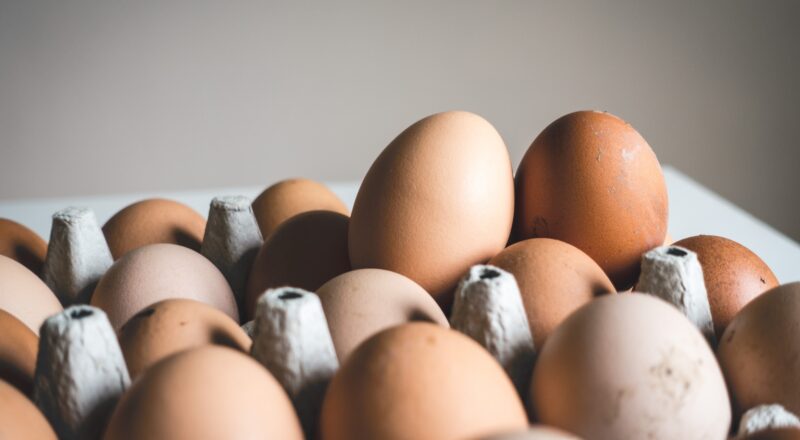Let’s get eggy with it.
You should eat eggs, I’ll tell you why. Eggs aren’t only delicious but nutritious too. Eggs have many health benefits. According to Kris Gunnars, BSc, there are 10 whole health benefits of eating eggs.
He says eggs contain vitamins,A, B5, B12, B2, D, E, K, B6, calcium, zinc, folate, phosphorus, and selenium. They aren’t super high in calories either and also contain six grams of quality protein and five of healthy fats. Thus, “eggs are pretty much the perfect food.”
The Benefits
Eggs.ca provides that these components of eggs help maintain healthy skin and eye tissue, strengthen bones, prevent diseases, help produce and maintain cells, act as antioxidants, build and repair body tissues, and assist in brain development and function. Apparently, eggs help give you a whole lot of good.
Some people avoid eating eggs though because it is high in cholesterol. However this doesn’t need to cause people any worry. “It’s important to keep in mind that cholesterol in the diet doesn’t necessarily raise cholesterol in the blood,” Gunnars says. This is good news but everyone is different. Certain people still might be hypersensitive to any intake of dietary cholesterol, just most people aren’t.
Another thing eggs contain that’s good for you is choline. This is a nutrient I’ve certainly never heard of before (which surprised me after learning what it does). The incredible egg claims, “choline promotes normal cell activity, liver function and the transportation of nutrients throughout the body.” It also plays a role in the brain. A pretty important nutrient. Liver and peanuts are other good sources of choline.
Eggs also contain lutein and zeaxanthin, antioxidants that work against deteriorating eye health. Gunnar claims, “Studies show that consuming adequate amounts of these nutrients can significantly reduce the risk of cataracts and macular degeneration, two very common eye disorders.”
And, if you want some extra help with losing weight, eggs can help with that too. “Eating enough protein can help with weight loss, increase muscle mass, lower blood pressure and optimize bone health, to name a few,” he says.
So now you know why you should eat eggs, but it’s also important to know what you do with them once you buy some.
Egg Prep
According to Eggs.ca, there are some guidelines you should follow when storing raw or cooked eggs:
- Always keep eggs in the carton in the main body of the fridge (not the door)
- Leftover raw eggs should be put in an airtight container and stored immediately (for yolks, cover lightly with cold water so they don’t dry out)
- Certain raw or prepared eggs can be frozen
- Serve eggs and foods using eggs immediately (or within 2 hours if entertaining)
- Don’t leave eggs left out for more than 2 hours
- Make sure they are fresh
When you’re ready to use your eggs, try one of these six ways provided by WebMD:
- Poached– boil 2 to 3 inches of water in pan, simmer, break egg into pan, cook for 3 to 5 minutes and remove
- Polenta and egg casserole– uses baked eggs, turkey sausage, 2 kinds of cheeses, and cornmeal
- Dessert– meringues are made from egg whites, cream of tartar, sugar, and vanilla extract
- Breakfast– making scrambled eggs is easy and quick or you can make french toast for a low
 calorie option. Omelets are a good option too
calorie option. Omelets are a good option too - Deviled eggs– these are great for entertaining
- Moo shu veggies– uses bean sprouts, shredded veggies, 4 eggs, and a few staples
- Hard boiled eggs– Don’t boil them. Put eggs in a pan with cold water and heat until it starts to boil, then remove and let stand between 9 and 15 minutes dependent on the size
There you have it, eggs sure are eggs-celent right?
Check out this video to see more ways you can cook with eggs!
Sources:
https://www.healthline.com/nutrition/10-proven-health-benefits-of-eggs#section7
https://www.incredibleegg.org/egg-nutrition/egg-facts/
https://www.eggs.ca/eggs101/view/39/egg-storage-freshness-and-food-safety#


Recent Comments